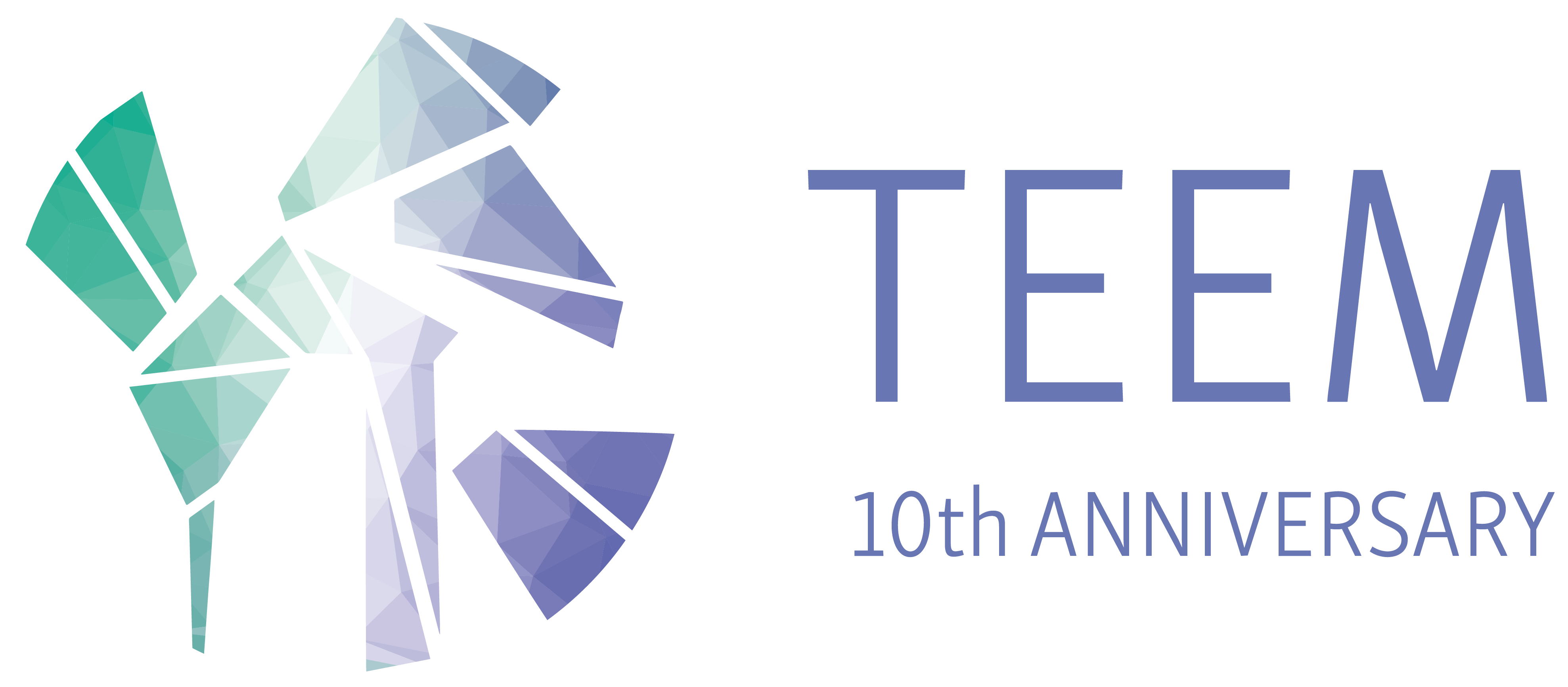Presentation
The innovation is a factor of change, evolution and progress in all sectors. The constant transformations of the knowledge society require tools so that society itself can evolve in a planned and controlled manner. In our sector the educational innovation manages the generation of new training scenarios and new methodological models and the inclusion of new technologies. Although innovation involves a progressive process, certain factors such as the pandemic COVID-19 produce drastic and fast changes in our educational model. We realize that what usually has a gradual transition is now a pressing need to be implemented as quickly as possible, and educational innovation plays a pivotal role in this regard. Moreover, every day more teachers innovate or would like to do it and every day new technologies, as well as new trends and new processes appear to be used in education. This track “Educational innovation” intends to be a meeting point between the latest advances in innovation and the most consolidated innovations, applied to training. The exchange of knowledge and experience is a key factor to optimize the application of educational innovation, as well as to make the path easier for all those who are starting to innovate.
Topics
- Active and collaborative methodologies
- Adaptive learning with technologies
- Educational innovation management
- Educational models and the pandemic COVID-19
- Educational tools
- Educational trends
- Knowledge management systems in education
- New methodologies and technologies for face to face, distance and blended learning
- Open learning
- Training in generic competences
Track Scientific Committee
María Luisa Sein-Echaluce (University of Zaragoza, Spain) – Chair
Ángel Fidalgo (Technical University of Madrid, Spain) – Chair
Ana María Balbín (Pontifical Catholic University of Peru, Peru) – Chair
David Fonseca (La Salle, University of Ramon Llull, Spain) – Chair
Alicia García Holgado (University of Salamanca, Spain)
Álvaro Luis Rojas Zamorano (Universidad Tecnológica Metropolitana, Chile)
Carol Rivero Panaqué (Pontifical Catholic University of Peru, Peru)
Daniel Amo (La Salle, University of Ramon Llull, Spain)
Edith Soria Valencia (Pontifical Catholic University of Peru, Peru)
Faraón Llorens (University of Alicante, Spain)
Fernando Martínez Abad (University of Salamanca, Spain)
Francisco José Gallego Durán (University of Alicante, Spain)
Francisco José García Peñalvo (University of Salamanca, Spain)
Jorge Joo Nagata (Universidad Metropolitana de Ciencias de la Educación, Chile)
José Carlos Sánchez Prieto (University of Salamanca, Spain)
José Luis Martín Núñez (Technical University of Madrid, Spain)
Josep Petchamé Sabartés (La Salle, University of Ramon Llull, Spain)
Laura García Ruesgas (University of Sevilla, Spain)
Margarida Lucas (Universidade de Aveiro, Portugal)
María Amparo Verdú Vázquez (Technical University of Madrid, Spain)
María Sánchez Canales (Technical University of Madrid, Spain)
María Soledad Ramírez Montoya (Tecnológico de Monterrey, Mexico)
Miguel Ángel Conde (University of León, Spain)
Miguel Hernández (Catholic Univerity of Valencia, Spain)
Ricardo Castedo (Technical University of Madrid, Spain)
Rosana Satorre (University of Alicante, Spain)
Susana Sastre Merino (Technical University of Madrid, Spain)
Vicente Martínez (Universitat Jaume I de Castellón, Spain)
